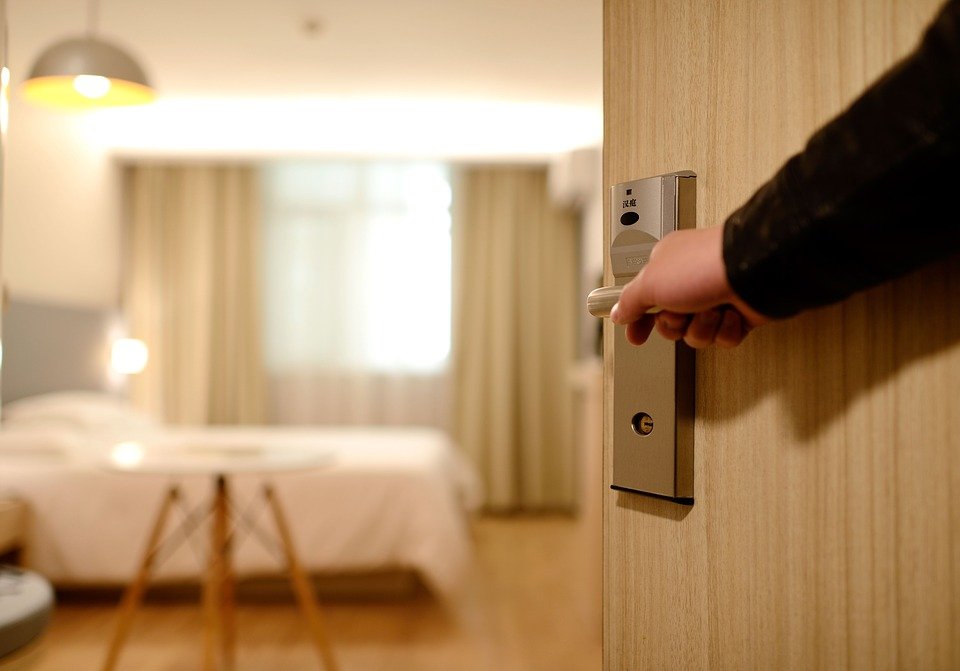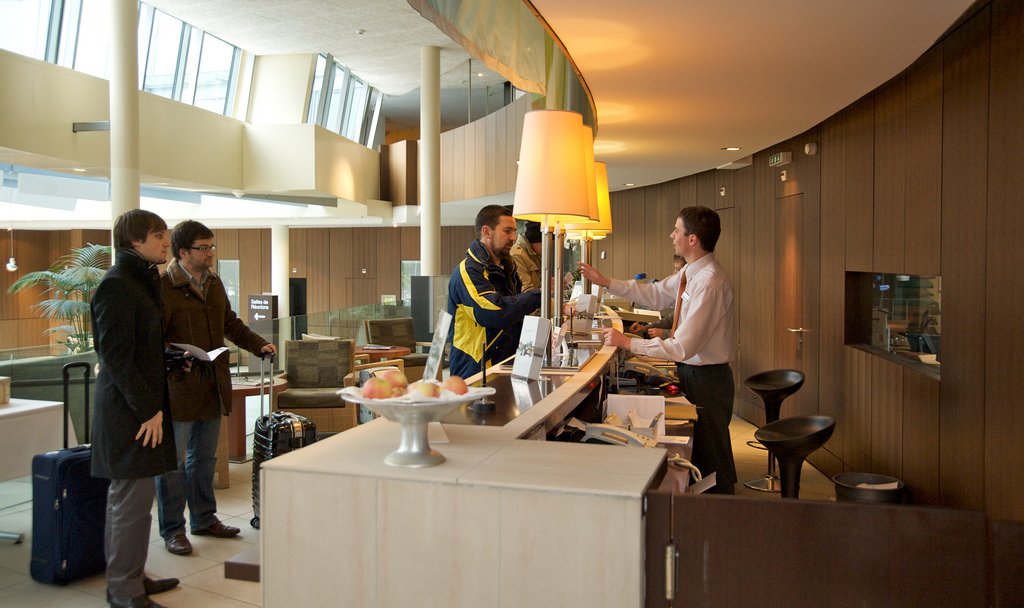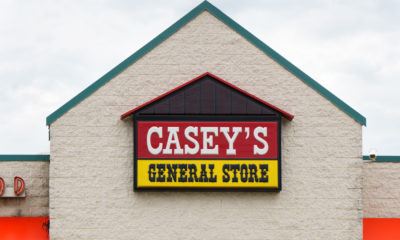Business
For your convenience: What hotels don’t tell their customers
What hotel convenience really means might be far from what you were led to believe.

Look out—the hotel “convenience” wave is spreading.
You already know what I’m talking about. Any time you see the words “for your convenience,” it probably isn’t to your benefit. Historically, the lodging schemes range from a benign half-truth, like signs that promise your hotel isn’t changing your towels “for your convenience,” to outright howlers, like the convenience of a hefty parking fee added to your bill.
There’s plenty of evidence to show these practices are on the rise. An NYU study concluded that hotel fees and surcharges in the U.S. increased from $100 million in 2016 to a record $2.55 billion. And there are stories—too many stories—about the properties cloaking their fees in convenient language.
“Too often, when you see a hotel notice ‘for your convenience,’ it’s self-serving and far from being an advantage for the customer,” says Mike Jenkins, a frequent hotel guest who works for a university in East Lansing, Michigan.
His least favorite? A note that for his “convenience” a hotel’s check-in time is at 3 p.m. and checkout is at 11 a.m. daily. How, he wonders, is that convenient for the guest? Don’t they really mean, “for the hotel’s convenience?”
Jamie Jeffers recently stayed in an all-suites hotel with her family of seven. “In the bathroom was a sign that said, ‘For your convenience, towels and sheets will only be changed every three days to keep our facilities green,'” recalls Jeffers, a writer and stay-at-home mom from Bethel, Ohio.
That one has been around for a while, but do you notice anything different? Many hotels adopted the “towel-on-the-floor” rule a decade or so ago. A placard on the hotel I’m staying in says, “Towels hung on the towel rack or shower door will be left for another use.” Jeffers’ hotel left her no choice.

“Too often, when you see a hotel notice ‘for your convenience,’ it’s self-serving and far from being an advantage for the customer.” (Photo by fhotels via Flickr. CC BY 2.0)
Who serves who?
Of course, almost none of this is convenient for guests. It certainly is for the hotel, which doesn’t have to wash its towels as often. Spurious convenience claims have been spotted all over the place by readers:
- For your convenience, some hotels switched off your room’s air conditioning during certain summer hours. What they really mean is that they want to save energy, which is an admirable goal. But you have to take a long, long view on the benefits in order to see the convenience of it.
- Requiring a swipe of your credit card “for your convenience,” so that you can make purchases during your stay. Cruise lines do this, too. It’s not convenient to be able to spend money like a pirate while you’re on vacation, especially if you have kids.
- How about unexpected fees for parking or Wi-Fi? It’s decidedly inconvenient to have to scan your hotel receipts carefully to make sure you weren’t hit with unwarranted charges.
Even when it’s a real convenience, it often is overpriced. Customer service guru Shep Hyken, who is researching a book about convenience, says the hotel minibar is a legitimate convenience that also conveniently allows the hotel to help itself to more of your money.
“It amazes me how a guest will spend $4.50 for a 12-ounce can of Coke when he or she can walk down the hall to the vending machine and buy it for $1.25,” he says. “How much is convenience worth?”
Guests are getting wise to this. “I feel ‘for your convenience’ is a fancy way of saying ‘to improve our profit margin,’ ” says Brad Schweig, who manages a furniture store in Dallas. “It usually seems to benefit the hotel, not me.”
He’s right. When you see the phrase, “For your convenience,” it’s actually a warning. Hotels shouldn’t be allowed to say it unless it’s true, but in the meantime, isn’t it nice that they’re tipping us off to their behavior?
What to do when it’s inconvenient for you
- Check your bill. Surcharges such as mandatory parking fees or hotel resort fees need to be challenged when they’re charged. Don’t wait until you’re on the flight home to notice them.
- Ask the hotel to adjust the bill. It’s not enough to tell the hotel a fee or service is inconvenient. You want them to remove the offending fee. Ask nicely, and if the answer is “no”’ you can always challenge your credit-card bill.
- Complain. Even if the hotel removes a “convenience” charge, you need to let management know how inconvenient it was for you. A brief, polite email to a manager ought to do the trick. If the hotel receives enough of these notes, it will adjust its wording, or better still, drop the charge entirely.
—
DISCLAIMER: This article expresses my own ideas and opinions. Any information I have shared are from sources that I believe to be reliable and accurate. I did not receive any financial compensation in writing this post, nor do I own any shares in any company I’ve mentioned. I encourage any reader to do their own diligent research first before making any investment decisions.

-

 Crowdfunding1 week ago
Crowdfunding1 week agoDolci Palmisano Issues Its First Minibond of the F&P “Rolling Short term” Program
-

 Fintech5 days ago
Fintech5 days agoRipple Targets Banking License to Boost RLUSD Stablecoin Amid U.S. Regulatory Shift
-

 Crypto2 weeks ago
Crypto2 weeks agoCoinbase Surges: Bernstein Targets $510 as COIN Hits Highest Price Since IPO
-

 Biotech19 hours ago
Biotech19 hours agoBiotech Booster: €196.4M Fund to Accelerate Dutch Innovation

























You must be logged in to post a comment Login